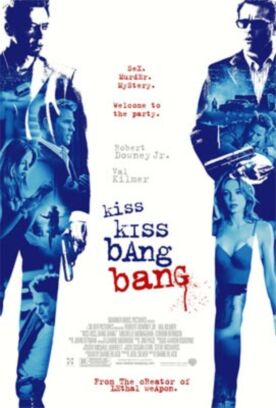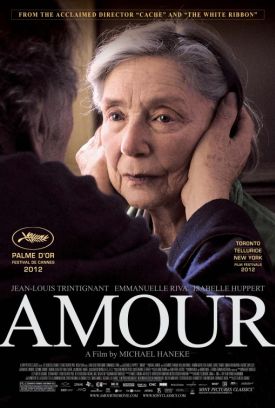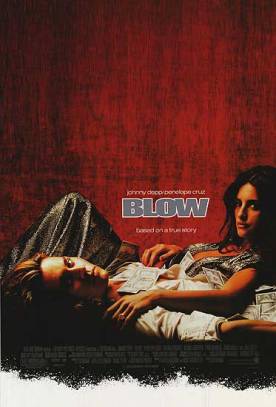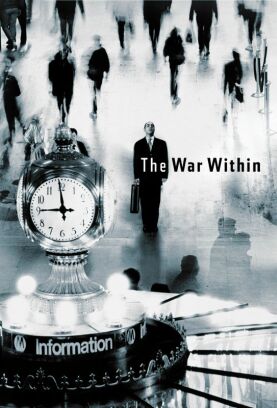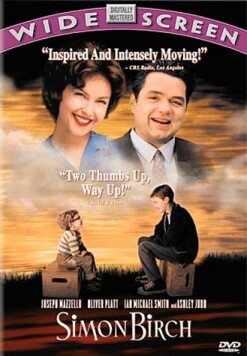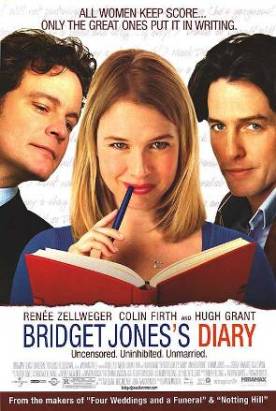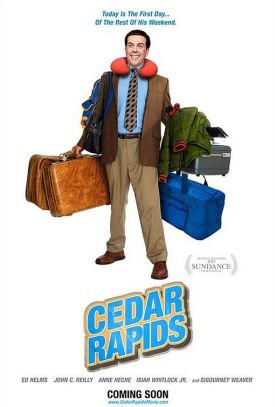Kiss Kiss, Bang Bang
As is often the case, the best bit of Kiss Kiss, Bang Bang is in the preview. A man on the run from the police, who have just shot his accomplice, bursts into a room where theatrical auditions are being held. Those conducting them think he is a hopeful actor and ask him to read from the script at a point where the cue is “You got your partner killed.”
With an entirely genuine and accidentally appropriate display of emotion, he avoids and then acknowledges the fact. “I killed him didn’t I?”
The director comments: “This is what I’m talking about. Old school. Method.” The man, a small-time thief called Harry Lockhart (Robert Downey Jr.), is immediately sent off to Hollywood as a candidate for a role in a Major Motion Picture.
Though obviously fake in that cheerful, postmodern way we have grown accustomed to since the first Star Wars and Indiana Jones movies made cinematic fakery respectable, the episode is promising. What a lot might have been done with it as the introduction to a study of the relationship between art and life! But this poor man’s Pulp Fiction, doesn’t really know what to do with the theme it has introduced except to make a joke out of it. There is a kind of acknowledgment of the same motif when Harry teams up in L.A. with a gay detective called Perry Van Shrike (Val Kilmer) in order to learn how to play the part he is supposedly up for. But there is never any question of his being mistaken for real detective. Shane Black, who directs and who adapted the screenplay (“in part”) from Bodies Are Where You Find Them by Brett Halliday, is having too much fun with the comedy of Harry’s pratfalls and his witty repartee with the super-butch Mr Kilmer as “Gay Perry.”
If you think the pun is a comic gem, there is a chance that you will find the dialogue as amusing as the author obviously does. Here’s an example. Harry, rooting around in Perry’s glove compartment find a derringer. Perry tells him: “I call it my faggot gun, because it’s only good for a couple of shots and then you drop it for something better.” Ha ha. I don’t mean to say that the jokes always fall flat. There are at least a couple of dozen laughs in the movie. But it seems too much reduced to a pretext for its dialogue, the labored wit hinting of desperation. It wants so badly to be funny that it’s often unfunny. Also into the trying-too-hard category falls Harry’s voiceover narration which constantly calls attention not only to itself but to the movie’s own narrative devices. “That’s bad narrating,” he says at one point, and rewinds the film to tell a part of the story he forgot. If you are the kind of person who finds that cute and who likes Robert Downey Jr. a lot, such po mo tricks might work for you. They don’t for me. Downey seems a man of infinite charm to his fellow thesps in Hollywood, but there must be others besides me who are outside that magic circle and who find him a jerk and a smart alec. The L.A. wit doesn’t travel well.
But the movie’s lamest joke is its determination to make light of its own derivativeness. It is divided into Days One, Two, Three and Four plus an Epilogue, each given the name of a Raymond Chandler novel. All the outdoor scenes are shot at night, often in mist or fog, while the interiors are either gloomy or neon-lit. There is a witty, beautiful, tough-vulnerable girl called Harmony (Michelle Monaghan) who has kicked around in L.A. for too long, while the scantily-clad bodies of other girls turn up all the time. Working so hard to let us know we are in noir-land, the movie doesn’t work hard enough on the plot. Talk about bad narrating! Perhaps its intricacy in combining two separate stories later found to be linked together is meant to cover up the holes, or perhaps the holes, the gratuitous scenes and other weaknesses are all part of the postmodern joke. Don’t you see? It’s supposed to be incomprehensible. But the other jokes would have to be better than they are in order for this one to come off.
Beneath all its frantic playfulness, the movie does have a semi-serious point to make. It might have been sub-titled A Tale of Two Fathers, since the intertwined stories both feature bad fathers who murder or sexually abuse their own daughters. When Gay Perry offers a gruff remembrance of mistreatment by his own father, it is hard not to see in it a rather conventional swipe at what the theorists of gay and feminist studies have taught us to call “the Patriarchy.” Though tedious and predictable, the point is not wasted, for it suggests, in retrospect, how gay was the whole noir genre to which Kiss Kiss makes such elaborate if irreverent homage. Raymond Chandler himself, alcoholic and married to a woman old enough to be his mother, would surely have understood. All those lonely, promiscuous women, all those predatory, childless men on both sides of the law, what are they if not a rebuke to the family-based civilizational order that lives in the daylight but leaves the night to them? Gay Ray, anyone?
To the daylight world, addressed here as “you good people in the Midwest,” Downey’s flippant narrator signs off with an apology: “Sorry we said f*** so much.” But of course we know that he knows that’s not what he should be sorry for.
Discover more from James Bowman
Subscribe to get the latest posts to your email.

